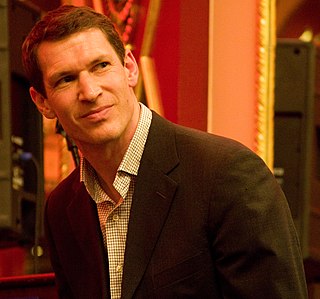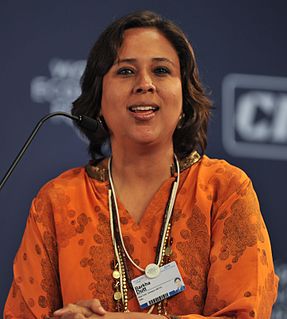A Quote by Oliver Stone
I am not trying to be a historian and a dramatist; I'm a dramatist, a dramatic historian, or one who does a dramatic interpretation of history.
Related Quotes
Contemporary art is based on that an artist is supposed to go into art history in the same way as an art historian. When the artist produces something he or she relates to it with the eye of an art historian/critic. I have the feeling that when I am working it is more like working with soap opera or glamour. It is emotional and not art criticism or history of art.
I do have a side as a citizen, and I've always expressed it, and that's where I've gotten into misunderstandings, because some people see me as a leftist nut or whatever. A conspiracy nut. All that stuff. These are definitions that don't really apply to a dramatist, because a dramatist is working from empathy.
The facts are really not at all like fish on the fishmonger's slab. They are like fish swimming about in a vast and sometimes inaccessible ocean; and what the historian catches will depend, partly on chance, but mainly on what part of the ocean he chooses to fish in and what tackle he chooses to use - these two factors being, of course, determined by the kind of fish he wants to catch. By and large, the historian will get the kind of facts he wants. History means interpretation.





































